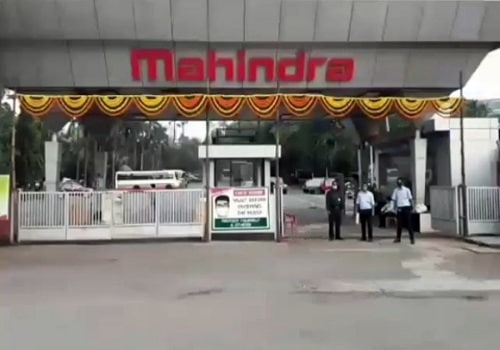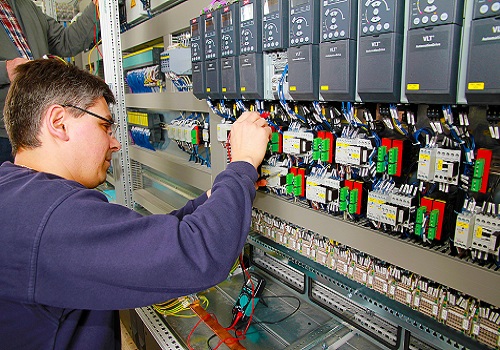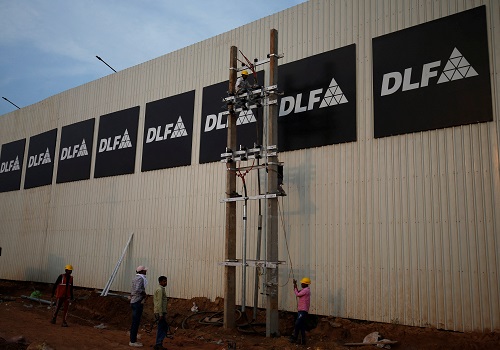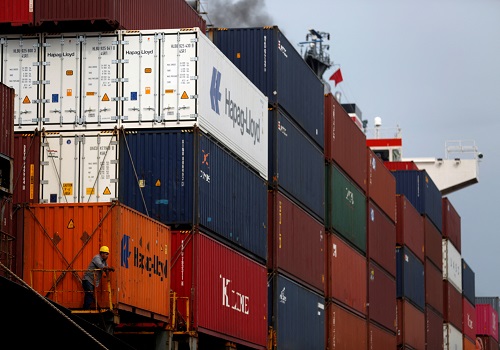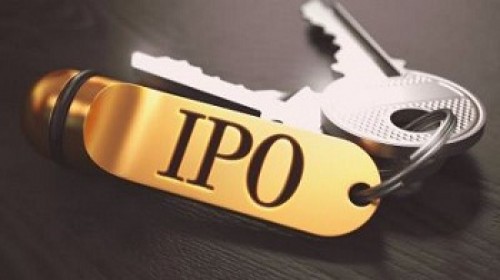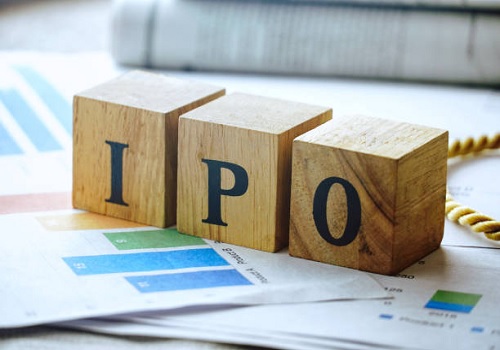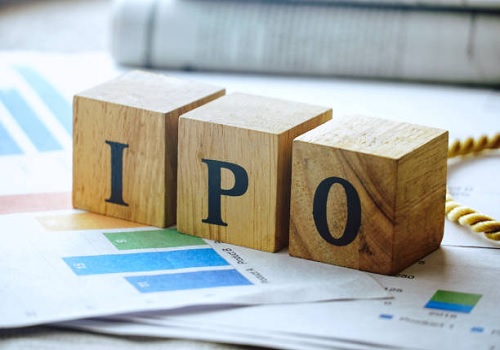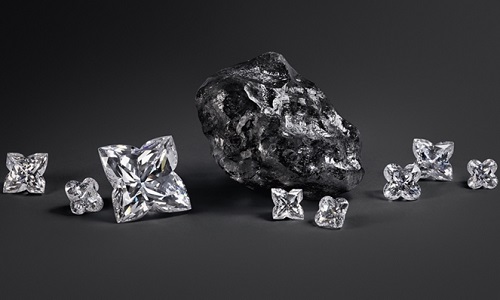Sona BLW Precision Forgings coming with an IPO to raise Rs 3117 crore

Follow us Now on Telegram ! Get daily 10 - 12 important updates on Business, Finance and Investment. Join our Telegram Channel
Sona BLW Precision Forgings
-
Sona BLW Precision Forgings is coming out with a 100% book building; initial public offering (IPO) of 10,71,05,262 shares of Rs 10 each in a price band Rs 285- 291 per equity share.
-
Not less than 75% of the issue will be allocated to Qualified Institutional Buyers (QIBs), including 5% to the mutual funds. Further, not less than 15% of the issue will be available for the non-institutional bidders and the remaining 10% for the retail investors.
-
The issue will open for subscription on June 14, 2021 and will close on June 16, 2021.
-
The shares will be listed on BSE as well as NSE.
-
The face value of the share is Rs 10 and is priced 28.50 times of its face value on the lower side and 29.10 times on the higher side.
-
Book running lead managers to the issue are Kotak Mahindra Capital Company, Credit Suisse Securities (India), JM Financial Limited, J.P.Morgan India and Nomura Financial Advisory and Securities (India).
-
Compliance Officer for the issue is Ajay Pratap Singh.
Profile of the company
The company is one of India’s leading automotive technology companies, designing, manufacturing and supplying highly engineered, mission critical automotive systems and components such as differential assemblies, differential gears, conventional and micro-hybrid starter motors, BSG systems, EV traction motors (BLDC and PMSM) and motor control units to automotive OEMs across US, Europe, India and China, for both electrified and non-electrified powertrain segments. The company is a technology and innovation driven company. With a strong focus on research and development (R&D), it develops mechanical and electrical hardware systems, components as well as base and application software solutions, to meet the evolving demands of its customers. It is one of a few companies globally, with the ability to design high power density EV systems handling high torque requirements with a lightweight design, while meeting stringent durability, performance and NVH specifications, enabling EV manufacturers to enhance the vehicle range, acceleration and the overall efficiency.
The company has nine manufacturing and assembly facilities across India, China, Mexico and USA, of which six are located in India, from where it supplies its products to six out of the top ten global PV OEMs, three out of the top ten global CV OEMs and seven out of the top eight global tractor OEMs by volume. It currently supplies differential assemblies, differential gears, EV Traction Motors to customers in US, China and India, for use in hybrid and battery electric passenger vehicles, hybrid and battery electric light commercial vehicles, electric two-wheelers and electric three-wheelers.
Proceed is being used for:
-
Repayment and pre-payment of identified borrowings in full availed by company.
-
General corporate purposes.
Industry overview
The Indian passenger vehicles (PVs) market is focused on the domestic market, with over 85% demand stemming from the domestic market in Fiscal 2021. The ratio of exports-to-production for the industry has been declining from 19% in Fiscal 2016 to 15% in Fiscal 2021. This can be attributed to muted exports due to a slowdown in the global automobile industry as well as major OEMs focusing on serving fast-growing domestic markets over foreign markets. In Fiscal 2020, this share had gone up to approximately 20% as OEMs enhance their focus on export markets. Stagnating domestic traction in the past three years has resulted in foreign automobile manufacturers such as Ford, General Motors (GM), and Volkswagen (VW) increasing their focus on exports, thereby improving utilization by using spare capacity and boosting revenue. These players are developing India as an export hub, as evidenced by the consistent increase in the proportion of exports to their total production. Production of passenger vehicles (PVs) in India recorded a healthy growth of 5.2% CAGR between Fiscals 2016 and 2019 due to a spurt in domestic and exports demand. Domestic demand was driven by expansion in the addressable market, development of infrastructure, and stable cost of vehicle ownership, as crude oil prices remained low except in the few months when output was reduced due to sanctions imposed on Iran.
Under the PLI scheme for automotive sector, the government has planned four sub schemes, namely, Global sourcing scheme, Vehicle Champion Scheme, Component Champion Scheme, and Production-Linked Incentive Scheme. Further the government has laid out a stringent eligibility criteria in terms of minimum turnover, export revenue and investments in fixed asset in order to ensure that implementation of scheme offers desired results. Auto OEMs need to showcase minimum turnover of Rs 100 billion, minimum exports of Rs 10 billion and minimum investment in fixed asset of Rs 35 billion in order to be eligible for this scheme. Whereas auto component manufacturers need to showcase minimum turnover of Rs 10 billion, minimum exports of Rs. 2 billion and minimum investment in fixed asset of Rs 3.5 billion.
Pros and strengths
One of the leading manufacturers and suppliers to global EV markets: The company has been supplying differential gears in the global EV market since April 2016 and differential assemblies since 2018, and its global market share of BEV differential assemblies in calendar year 2020 was 8.7%. It also designs and manufactures traction motors and motor control units for electric vehicles, with PMSM motors for EV and hybrid PVs and BLDC motors for electric two-wheelers and electric three-wheelers. It is one of the leading suppliers of BLDC motors in India for the two-wheeler and three-wheeler EV market. Further, it is developing a 48V BSG motor for hybrid PVs, for which it has successfully completed vehicle level demonstration for selected global OEMs. It is among a limited number of players who are well placed to combine its motor and driveline capabilities to offer a compelling value proposition to its EV customer base. This complexity presents a unique opportunity in electrification for companies such as the company, who are committed to building capabilities and products by bringing different elements (mechanical, electrical and software) of the puzzle together under one roof.
One of the leading global companies and gaining market share: The company has nine manufacturing and assembly facilities, of which six are located in India and one each in China, Mexico and USA, as well as eight warehouses across India, USA, Germany and Belgium. Its facilities are strategically located in order to serve and prioritize its customers’ needs. Its capabilities in precision-forging technology has enabled it to become one of the top ten players globally in the differential bevel gear market in calendar year 2020 on the basis of overall volumes of differential bevel gears supplied to PVs, CVs and tractors. It is also one of the two largest exporters of starter motors from India and amongst the top ten global starter motor suppliers in calendar year 2020 based on its exposure to the PV segment and market share.
Strong research and development and technological capabilities in both hardware and software development: The company has developed strong in-house capabilities to deliver evolving green technologies for future mobility, with an aggregate expenditure on R&D of Rs 1,563.56 million during Fiscal Years 2019, 2020 and 2021. Its R&D expenditure amounted to Rs 244.04 million, Rs 404.49 million and Rs 915.03 million during Fiscal Years 2019, 2020 and 2021, respectively and constituted 1.7%, 3.3% and 5.8% as a percentage of its revenue from operations for Fiscal Years 2019, 2020 and 2021, respectively. Its R&D capabilities are further strengthened by its digital simulations, testing and validation facilities located at its three R&D centers in India (Gurugram, Chennai and MM Nagar), which are approved by the GoI’s Department of Scientific and Industrial Research. They are equipped with modern facilities including, design software such as Creo, MotorSolve BLDC, ANSYS, MSC ADAMS, KISSsoft, Gear PRO, hyperMILL, Siemens Solid Edge, Siemens NX, Siemens SPEED, FRENCO, UG NX and Nastran and equipment for white light scanning, coordinate measuring machines, 3D printing, silicon molding and an electronic and endurance testing laboratory.
Strong business development with customer centric approach: The company has long-standing relationships of 15 years and more with 13 of its top 20 customers. Some of company’s key OEM customers (in alphabetical order) include a Global OEM of EVs, a North American OEM of PVs and CVs, Ampere Vehicles, an Indian OEM of PVs, CVs and EVs, Ashok Leyland, CNH, Daimler, Escorts, Escorts Kubota, Geely, Jaguar Land Rover, John Deere, Mahindra and Mahindra, Mahindra Electric, Maruti Suzuki, Renault Nissan, Revolt Intellicorp, TAFE, Volvo Cars and Volvo Eicher. It also serve selected leading Tier 1 automotive system suppliers such as Carraro, Dana, Jing-Jin Electric, Linamar and Maschio. It participates in a lengthy and rigorous vendor selection process with its customers, which can take up to two to three years from the date of issue of a request for quote (RFQ), to qualify and secure business for development of a program.
Risks and concerns
Dependent on performance of automotive sector globally: The company’s business is dependent on the performance of the automotive sectors in US, Europe, India and China. It designs, engineer, manufacture and supply its systems and components for both electrified and non-electrified powertrain segments across all vehicle categories such as PV, CV and OHV both in the Indian and overseas markets. For Fiscal 2021, it derived 36.1% (Rs 5,368.10 million), 26.5% (Rs 3,950.51 million), 25.0% (Rs 3,727.29 million), and 7.6% (Rs 1,129.64 million) of its income from sale of goods with end-use in North America, Europe, India and China, respectively. It is therefore exposed to fluctuations in the performance of the automotive markets in US, Europe, India, and China. Further, its operations are cyclical because its sales are directly dependent on the level of automotive production globally and affected by inventory levels of automotive manufacturers, which has been characterized historically by significant periodic fluctuations in overall demand for vehicles to which it supplies products, resulting in corresponding fluctuations in demand for its products.
Business largely depends upon top ten customers: Loss of all or a substantial portion of sales to any of company’s top ten customers, in particular, its top two customers, for any reason (including, due to loss of contracts or failure to negotiate acceptable terms in contract renewal negotiations, loss of market share of these customers, lack of commercial success of key parts that it manufacture, disputes with customers, adverse change in the financial condition of such customers, including due to possible bankruptcy or liquidation or other financial hardship, merger or decline in their sales, reduced or delayed customer requirements, plant shutdowns, labor strikes or other work stoppages affecting production by such customers) and/or, continued reduction of prices to these customers, could have an adverse impact on its business, results of operations, financial condition and cash flows.
Rely on skills and experience of management team: The company’s future success is significantly dependent upon the continued efforts and service of its management team as well as other key personnel. In an event of their retirement or departure from the company, there is no assurance that it will be able to find suitable replacements for such key management personnel in a timely manner or at all and implement a smooth transition of responsibilities to any newly appointed management personnel. This could affect its operations resulting in a decline in the performance of its business. It is a technology driven company with significant focus and investment in its in-house R&D capabilities. The future success of its investments in innovation will depend upon, among other factors, its ability to continue to attract and retain qualified personnel, particularly engineers and other associates with critical expertise, know-how and skills that are capable of helping it develop technologically advanced systems and components and support key customers and products.
Business faces substantial competition: The company competes globally with a number of other automotive component manufacturers and distributors that produce and sell products similar to its. Its competitors include manufacturing facilities controlled by OEMs, as well as many other independent domestic and foreign suppliers. In some instance it also sells to and collaborate with its competitors to develop automotive systems and components, which may adversely affect its competitive situation. In addition to traditional competitors in the automotive sector, the trend towards advanced electronic integration and electrification has led to an increase in the significance of technology to its current and future products and the amount of capital it needs to invest to develop these new technologies, as well as an increase in the amount of competition it faces from technology focused new market entrants.
Outlook
Incorporated in 1995, Sona BLW Precision Forgings is one of the leading automotive technology companies in India. The company is primarily engaged in designing, manufacturing, and supplying high-quality mission-critical automotive components such as differential assemblies, gears, conventional and micro-hybrid starter motors, etc. It has nine manufacturing and assembly facilities, of which six are located in India and one each in China, Mexico and USA, as well as eight warehouses across India, USA, Germany and Belgium. It is led by a highly experienced board of directors, and a professional and experienced management team with extensive experience in the automotive industry and a proven track record of performance. On the concern side, the company depends on third parties for the supply of raw material and delivery of certain products. A disruption in the supply of components and raw materials or failure of its suppliers to meet their obligations could impact its production and increase its costs. While it maintains insurance for product liability and recall, the amount of insurance may not be adequate to cover all insured claims and liabilities. The incurring of significant liabilities for which there is no, or insufficient, insurance coverage could adversely affect its business.
The issue has been offered in a price band of Rs 285-291 per equity share. The aggregate size of the offer is around Rs 3052 crore to Rs 3117 crore based on lower and upper price band respectively. On performance front, the company’s total income increased by 27.8% to Rs 15,686.41 million for Fiscal 2021 from Rs 12,276.74 million for Fiscal 2020. Its profit for the year for Fiscal 2021 decreased by 3.0% to Rs 2,151.65 million from a profit of Rs 2,217.22 million for Fiscal 2020. The company seeks to continue to increase its commitment and focus towards compliance with ESG norms, as it plans to increase the share of its income derived from sale of goods in the EV market. It aims to remain at the forefront of providing technologically advanced hybridization solutions through expanding its customer base for and increasing the sales of its BSG hybrid motors globally. It aims to capture the growth trend in revenue realization per component with increasing electrification by continuously investing in R&D to develop and deliver new and innovative systems and components.

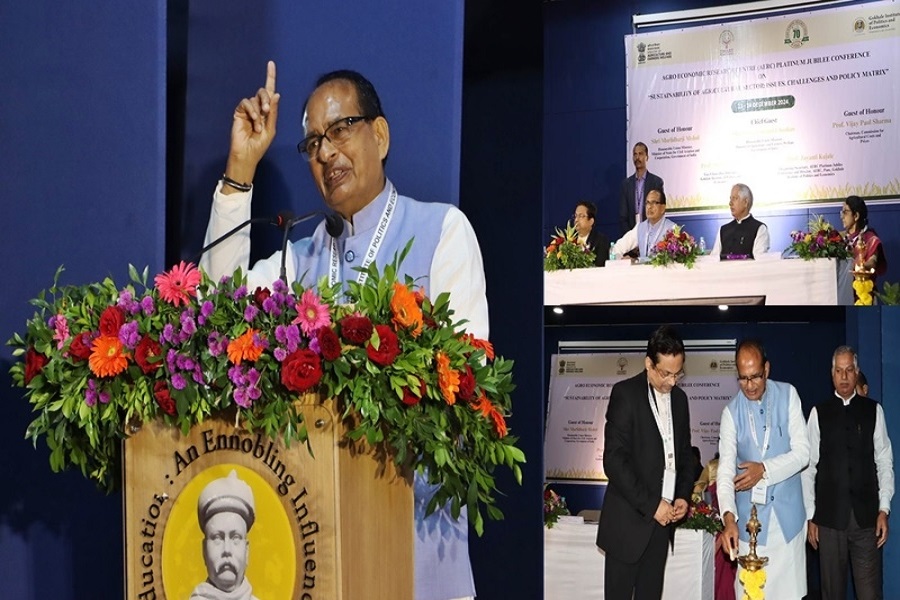


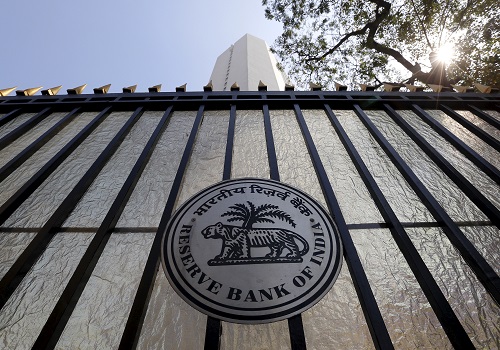

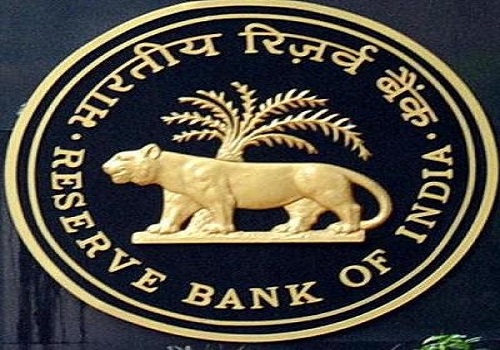





 320-x-100_uti_gold.jpg" alt="Advertisement">
320-x-100_uti_gold.jpg" alt="Advertisement">

